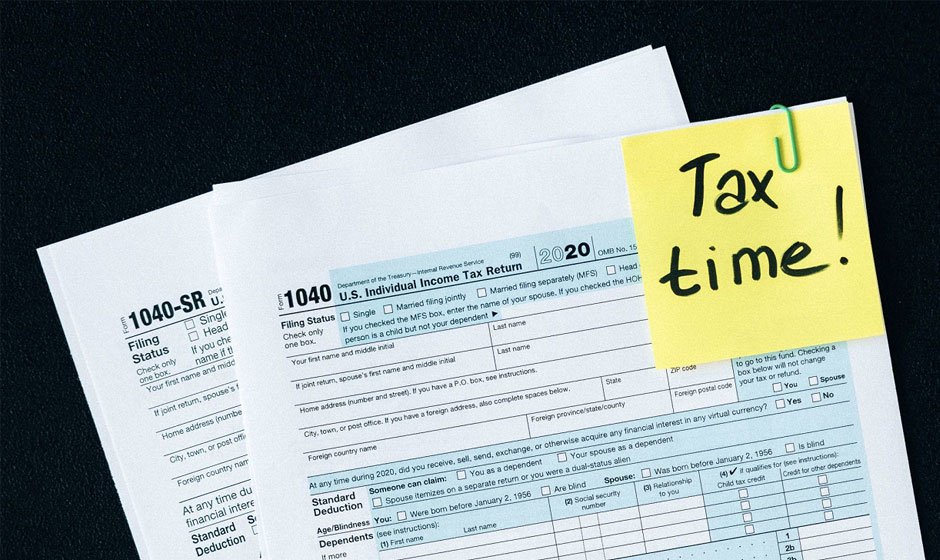Common Tax Compliance Mistakes And How To Avoid Them

As April 15th looms on the horizon each year, the pulse of many taxpayers begins to quicken. The complex labyrinth of tax regulations and stipulations can often feel overwhelming, leading to errors that could cost a great deal of time, stress, and money. Tax compliance is a task that requires meticulous attention to detail and a deep understanding of current laws. Unfortunately, mistakes are common, and they can happen to both novices and seasoned filers alike.
To help you navigate the treacherous waters of tax season, let’s explore some of the most common tax compliance mistakes and, more importantly, how to avoid them.
1. Misunderstanding Tax Laws
One of the most prevalent issues is a fundamental misunderstanding of tax laws, which can result in underpayment, overpayment, or incorrect filing status. Tax laws can be convoluted, and they change regularly, making it challenging to keep up. To avoid this pitfall, consider consulting with professionals.
For example, Tax Law Advocates strategies can help you stay abreast of the latest tax law changes. For the individual filer, even a yearly consultation with a tax professional can pay dividends in compliance and savings.
2. Incorrect Or Incomplete Information
From transposed numbers on a Social Security number to forgetting to report a side income, small errors can lead to big problems. The key to circumventing such errors is double, or even triple, checking your work. Using tax preparation software can also help, as it often includes checks and balances that catch common errors. However, remember that software is only as good as the information entered, so always review your returns carefully before filing.
3. Missing Deadlines
Tax deadlines are set in stone, and missing them can result in penalties and interest charges. To ensure you’re on time, mark your calendar with all relevant tax dates, not just April 15th. This includes quarterly estimated tax payments for freelancers and the self-employed. Setting up electronic reminders and using e-filing options can also streamline the process and prevent last-minute scrambles.
4. Not Claiming All Deductions And Credits
Many taxpayers miss out on deductions and credits for which they are eligible, simply because they are unaware of them. This can result in paying more tax than necessary. To leverage the full range of tax benefits, use the IRS website as a resource, or better yet, work with a tax professional who can identify these opportunities for you.
Remember, tax planning should be a year-round activity, not just a tax season one.
5. Failing To Keep Good Records
Poor record-keeping can spell disaster if you’re audited or if you need to reference past returns. The solution is to maintain organized records throughout the year. This includes keeping receipts, invoices, and any tax-related documents. With the advent of digital storage solutions, it’s easier than ever to keep a clean record that you can access at a moment’s notice.
6. Choosing The Wrong Filing Status
Your filing status affects your tax bracket, available credits, and your standard deduction. Choosing the wrong one can therefore be a costly mistake. Before you file, review the definitions and qualifications for each status. If your situation is complex (e.g., recent marriage or divorce), it may be wise to consult a tax advisor.
7. Handling Complex Situations Alone
If you have a complicated tax situation — like owning a business, having multiple income streams, or dealing with inheritance issues — going it alone may not be the best strategy. Professional tax preparers and accountants are not just number crunchers; they provide advice and strategies that can save you a significant amount of money and avoid costly mistakes.
8. Ignoring IRS Notices
If you receive a notice from the IRS, do not ignore it. These notices can contain important information about discrepancies in your return or deadlines for providing additional information. Prompt attention to these notices can prevent a situation from escalating. If you’re unsure about how to respond, seek professional help immediately.
Conclusion
Tax compliance doesn’t have to be a source of trepidation. By educating yourself on common mistakes and taking proactive steps to avoid them, you can minimize the dread that often accompanies tax season. Implementing diligent practices, leveraging professional resources when needed, and keeping up with tax law changes are the pillars of a stress-free tax filing experience.
Remember, taxes are a year-round consideration, and a little preparation goes a long way. With these strategies in mind, you can transform tax time into a straightforward task that’s just another part of your well-organized financial life.



